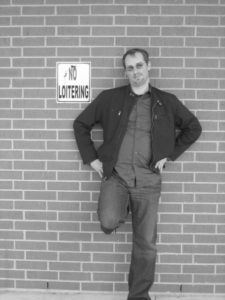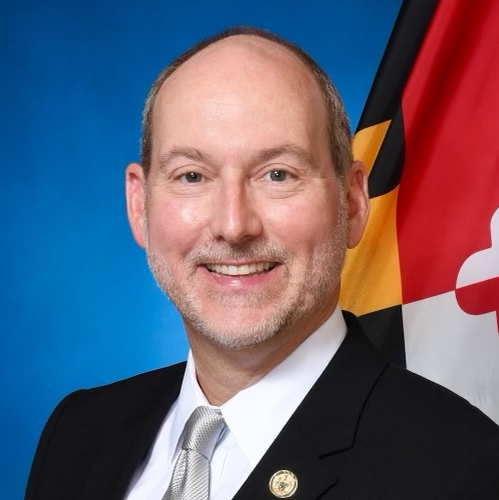This post was written by Hatchet reporter Emily Holland.
Zombies are infecting everything from books to movies, but this time it’s a professor who wants to pick your brain.
Jeffrey Mantz brings his childhood love of the undead to the Congressional Cemetery Chapel tonight at 7 p.m. for his lecture “Zombies on the Loose: Why Can’t We Get Rid of Them?”

Mantz, an economic anthropologist, is no stranger to lecturing groups about zombies: During his time as a professor at George Mason University, he taught a course called “Zombies,” which focused on their cultural importance.
“I said ‘I wonder if I did a class on zombies, I wonder if anyone would take it.’ And within two semesters I was teaching it,” Mantz said. “The students wouldn’t leave me alone about it.”
The course became popular immediately, hooking students with the promise of watching classic zombie films like “Dawn of the Dead” and assigning them to read popular zombie novels, including Max Brooks’ “World War Z: An Oral History of the Zombie War.”
Currently on sabbatical from his position as an assistant professor of anthropology, he’s now ready to leap back into the world of zombies. He does field work in the Congo and the Caribbean, both of which are places with deep zombie histories.
The Caribbean, Haiti in particular, was a major influence for the early zombie films, which explored the concepts of voodoo and black magic. Although early projections of these ideas included sweeping stereotypes, the overarching popularity of zombies is rooted in this type of rich history, Mantz said.
“You have some sort of way in which various cultures in the world are trying to reconcile this kind of interstitial space between life and death,” Mantz said. “Something exhibits the features of life and is dead or vice versa and it’s a problem historically in philosophy as well.”
There’s another reason people gravitate toward zombie stories, Mantz said: a feeling of post-9/11 post-apocalypse. A relatively unpredictable, fast-paced society has contributed to the growing popularity of zombie culture, leading people to participate in events such as zombie walks, and even driving some to prepare for a possible zombie apocalypse.
However, despite his extensive zombie-survival knowledge, if all hell were to break loose today and zombies were to be actively roaming the streets, Mantz does not think he would survive.
“I wouldn’t. There’s no way I would,” Mantz said. “I don’t plan to.”


